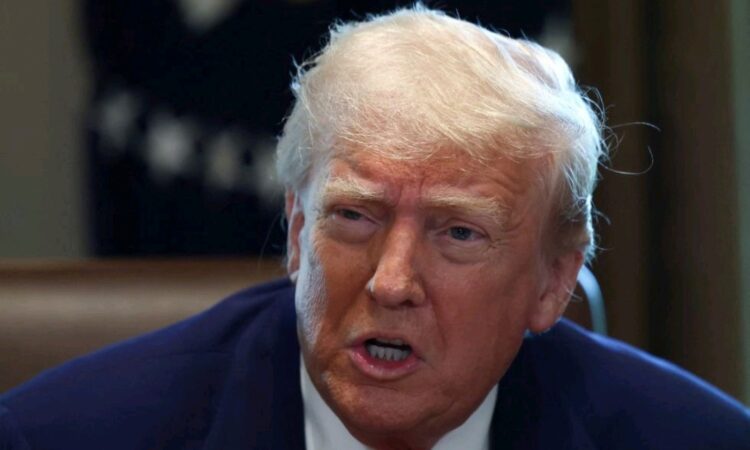
President Donald Trump seems to believe he now has absolute authority even over life and death and he’s putting that belief into action.
After the Supreme Court ruled in *Donald J. Trump v. United States* that presidents are immune from prosecution for crimes committed as part of their official duties, a disturbing question was raised: Could a president legally order the assassination of a political opponent and walk away untouched? Justice Sonia Sotomayor and Justice Ketanji Brown Jackson expressed alarm in their dissents, warning of such dangerous hypotheticals. But Chief Justice John Roberts, writing for the majority, dismissed those warnings as fearmongering.
Yet here we are, already watching a version of that hypothetical unfold — not with political rivals, but with foreign civilians whom Trump unilaterally labels “narco-terrorists.”
In the past month alone, the U.S. military, under Trump’s orders, has carried out four deadly strikes on boats off the coast of Venezuela. The most recent, on Friday morning, killed four people, bringing the total death toll to 21. Trump has boasted about each of these missions on his social media platform, claiming they’re stopping massive amounts of drugs from reaching American shores — even though no concrete evidence has been presented to support these claims.
Trump wrote triumphantly that the most recent boat was “loaded with enough drugs to kill 25 TO 50 THOUSAND PEOPLE.” Defense Secretary Pete Hegseth backed him up, stating that “four male narco-terrorists” were killed and that no American troops were harmed.
Questions about the legality of these strikes have been repeatedly ignored by the administration. Vice President JD Vance even mocked concerns, suggesting on social media that there are probably “no fishermen left” in the area. When pressed by Congress to explain the legal basis for the killings, the administration eventually provided formal notice, asserting that the United States is now engaged in an “armed conflict” against drug cartels.
This declaration effectively grants Trump sweeping war powers. Under international law, a nation at war can kill enemy combatants without warning, detain them indefinitely without trial, and prosecute them in military courts. But this only applies under specific conditions — and this so-called “war” doesn’t meet them.
Trump has framed the conflict as “non-international,” and the organizations he targets as terrorist threats to the U.S. He’s claimed the attacks are justified acts of self-defense — not against gunfire, but against drugs that he says are being used as weapons.
By this logic, are American drug users — many of them addicted or vulnerable — now complicit in terrorism?
Legal experts aren’t buying it. Geoffrey S. Corn, a former senior Army law-of-war adviser, stated that selling drugs, however dangerous, is not the same as waging an armed attack. He described Trump’s actions not as a legal stretch, but as a fundamental breach of law.
“This isn’t bending the rules,” Corn told *The New York Times*. “This is ripping the rulebook to shreds.”
So far, there has been no public pushback from within the military, despite earlier claims that the armed forces would never carry out an illegal order. That silence is chilling. These actions — the targeted killing of civilians with no legal process — are being carried out in our name, with little oversight, and no apparent consequences.
These strikes appear to be spearheaded by Stephen Miller, who now runs the newly autonomous Homeland Security Council. Miller, who once asked whether migrants on boats could legally be shot, now seems to have his answer. During Trump’s first term, officials rejected the idea. Today, it appears to be official policy.
Senator Marco Rubio, now also serving as Secretary of State and National Security Adviser, sees this as his moment to strike against Venezuelan President Nicolás Maduro — his long-standing nemesis. Alongside Miller and CIA Director John Ratcliffe, Rubio is reportedly laying the groundwork for direct military intervention in Venezuela, convinced that Maduro is behind the alleged drug trafficking. This, despite intelligence reports suggesting otherwise.
They are planning for regime change, working with exiled opposition leaders, and building a legal framework that echoes the manipulation and deceit that led to the Iraq War. The playbook hasn’t changed: invent a threat, ignore the facts, then act with force.
Ultimately, the drug war is just a pretext. Trump wants to assert dominance and demonstrate that he can act unilaterally, without checks. Rubio seeks revenge. Miller, true to form, wants to punish outsiders. And they all appear to share the same philosophy: the strong take what they want.
Trump has said it plainly in the past: “To the victors belong the spoils.” Venezuela, with its rich deposits of oil, gold, and minerals, holds plenty of “spoils.”
This is more than a political scandal — it’s a warning. The boundaries of presidential power have not just shifted; they’ve been obliterated. We are witnessing, in real time, the consequences of allowing one man to operate without accountability — not just at home, but across international borders, with lives hanging in the balance.

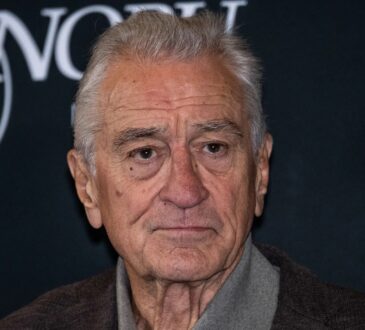
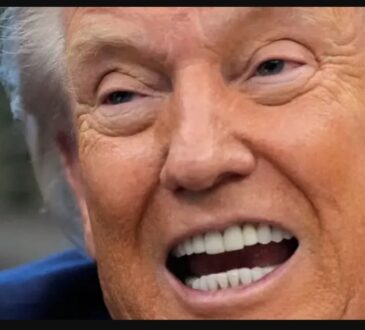
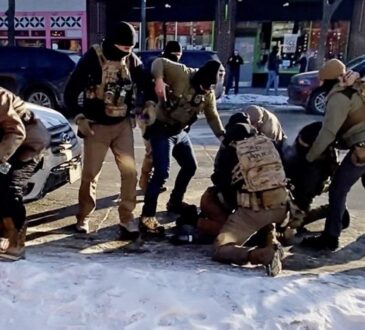
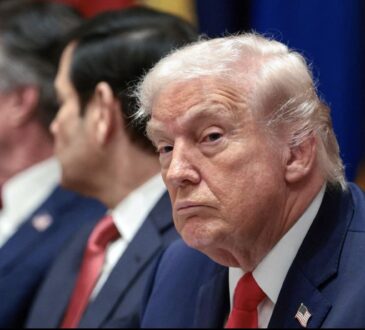
Trump is the best. Only you drug happy people are trying to stop him.